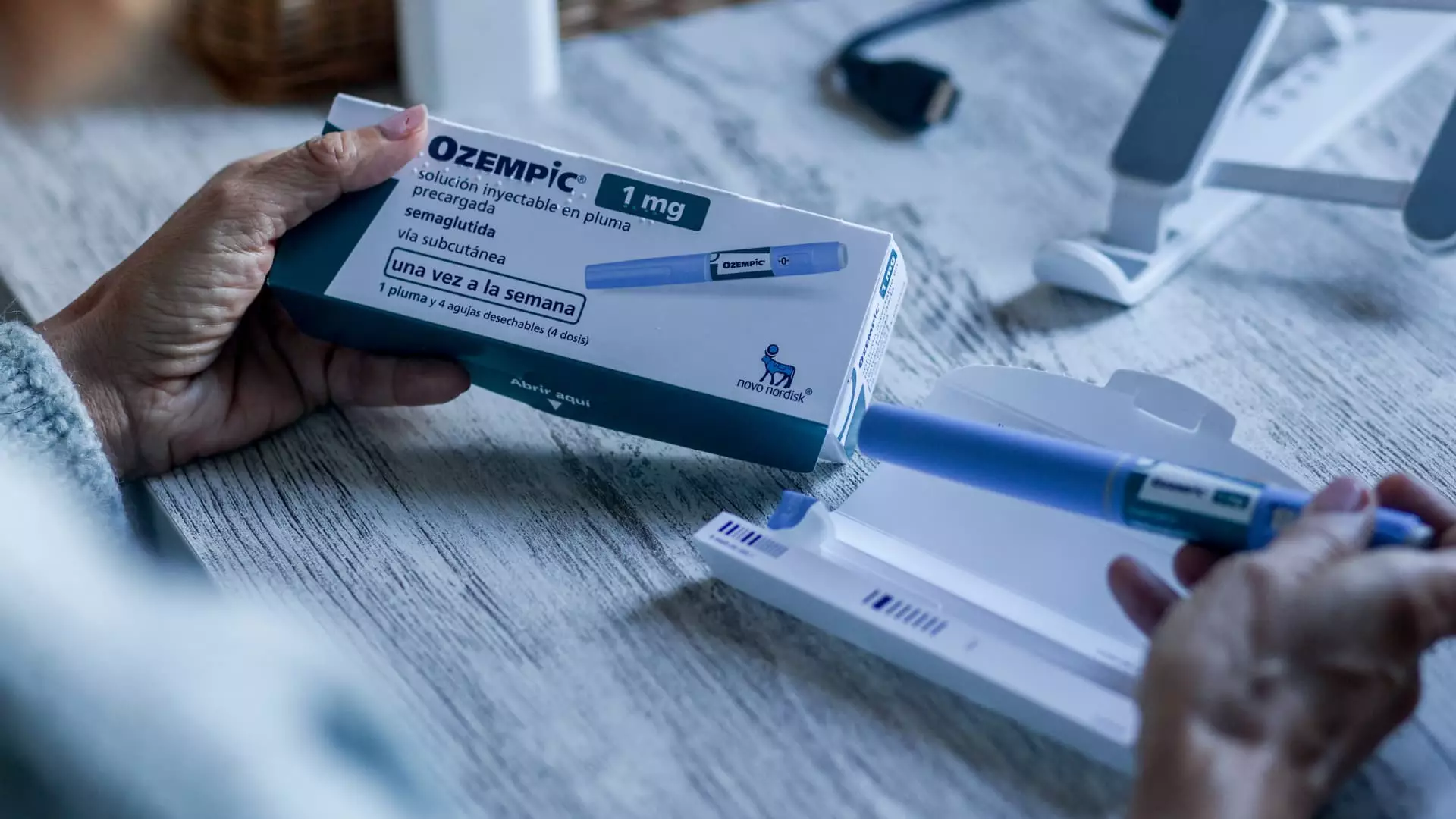The demand for weight loss drugs in the United States is rising significantly, despite the high monthly costs and limited insurance coverage for these medications. A recent survey conducted by Evercore ISI focused on GLP-1s, a new class of medications used to treat Type 2 diabetes and obesity, revealed an interesting trend. According to the survey, there is a strong correlation between the annual income of patients and the amount they are willing to pay out of pocket for these treatments. The findings raise concerns about equity in access to breakthrough drugs like Novo Nordisk’s Wegovy and Eli Lilly’s Zepbound, as the cost of a monthly package of a GLP-1 ranges from $900 to $1,350 before insurance and rebates.
The survey results indicated that individuals with annual incomes exceeding $250,000 were willing to pay more out of pocket for GLP-1s, with nearly 60% stating that they would pay more than $300 per month. In contrast, only 4% of those with annual incomes below $75,000 were willing to pay the same amount. The majority of lower-income individuals were only willing to pay $50 or less per month. Interestingly, the maximum price that individuals were willing to pay per month for a GLP-1 was often aligned with what they actually paid for the treatment. Current users tended to pay $50 or less out of pocket per month, while former users and potential users skewed toward higher willingness to pay.
The survey also delved into how long individuals stayed on GLP-1 treatments. Surprisingly, over 80% of former users were only on the therapy for a year or less, with reasons for discontinuation ranging from cost issues to achieving weight loss goals or experiencing adverse effects. This premature stoppage poses a challenge for insurers who are hesitant to provide coverage for these drugs. However, nearly half of current users expressed a desire to stay on GLP-1s permanently, indicating the effectiveness and importance of these medications in managing weight loss. On the other hand, only 10% of potential users shared the same sentiment.
One intriguing aspect of the survey was participants’ responses regarding weight regain after stopping GLP-1 treatments. The majority across all groups, including current users, former users, and potential users, expressed willingness to restart the treatment if they regained weight. Among former users, 42% gained back some weight, 13% gained most of it back, and 23% gained all the weight back. Interestingly, 23% remained at a lower weight after discontinuing the drug, suggesting varying outcomes post-treatment. The weight regain experienced by some participants aligns with findings from clinical trials on medications like Wegovy and Zepbound.
The survey also explored how taking GLP-1 medications impacted participants’ eating and drinking habits. A significant majority reported consuming less food while on the treatment, regardless of preexisting conditions such as diabetes or high blood pressure. This is consistent with the mechanism of GLP-1s, which mimic gut hormones to suppress appetite and regulate blood sugar. Moreover, more than half of participants without preexisting conditions reported drinking less alcohol while on GLP-1, highlighting the potential influence of these medications on alcohol consumption patterns. Studies in rodents and monkeys have shown that certain GLP-1s can reduce alcohol intake, but further research in humans is needed to validate these findings.

Leave a Reply